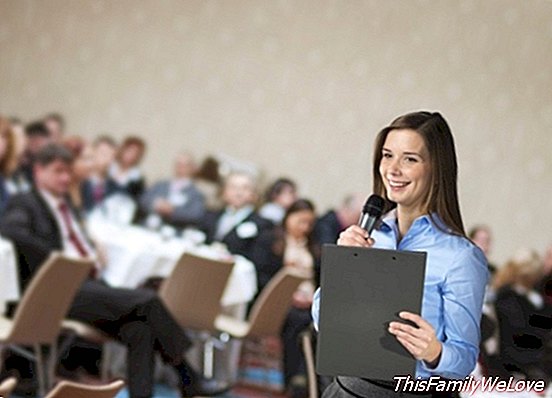The politics and interest of young people

Few young people are involved in political parties, out of apathy or because they do not know that "doing politics" is a way of serving and improving society. We are before a generation, perhaps the first, who thinks that he will live worse than his parents. They stand out for being more technological, less concerned about the environment than their parents, and politically located above all in the center-left.
In general, Spanish young people between 18 and 25 years old are quite skeptical about social integration, they hardly trust institutions -the NGOs are the most valued- and more than half confess that helping at home does not go they.
Tips for working in politics
Enrique José Varela, in his blog "The attempt to live a vital utopia", gives the following advice to "work in / for politics, this is for military or collaborate (" sympathize ") with a Party, we must be clear about following premises:
1. It is necessary to wish, to want very strongly, to participate in the political life of a party. Without this premise it is very difficult to overcome the internal dialectics of the Parties, their unwritten "iron laws", the volatile and fluctuating elites. Only with the desire, and a deep conviction in the ideology of the Party and in the own forces, it is possible to overcome these great obstacles. The parties are structures of opportunity, and these change depending on the generations of leaders and the types of election.
2. To participate in politics is to do it in all its facets, from the elaboration of programs, to the distribution of propaganda, going through the activity in the different levels of Party organization (local, regional, state or international). The usual thing is that someone who wants to "be and be" in a Party goes through all of them, although it is not always like that. Parties are not meritocratic power structures.
3. We must maintain a certain critical spirit within the Parties, that as organizations, they elaborate and interpret a collective discourse, which they wish to be assumed by all the militants. However, without a minimum of critical capacity in the Executive or Assemblies (or whatever they want to be called) in the different levels of participation-decision of which the Parties are endowed, there is no way to do politics in an "honest" way (consistent with oneself). The dialectic is the instrument of confrontation, and the votes are the recognition of internal democracy in the Parties.
4. Having a basic position (following what Maslow says and his "needs pyramid", it is not necessary to be rich in cradle, or entrepreneur of postin) family, social and / or economic is not a prerequisite, but are conditions that cushion both the expenses that involve devote itself to party politics (we exclude from this premise the elected officials who have their budget), as the opportunity costs involved in the time of active participation in it. Some demagogue can call this vision conservative (recalcitrant, even), typical of a "burnout" of politics, or that of a man pierced by experience ... but it is pure realism. I believe in utopia (I joined my Party in 1998, I will not tell you more), but mixed with certain doses of sanity. The less you need of the policy (friends, money, social position ...), the less you will take the day you are not in it.
5. Politics is a more or less important stage in the lives of people, but where men and women cohabit that they have been everything through it, they have only lived on it, and they believe that without it "no future" (as the Sex Pistols said). The smart thing is to think that the time you spend is full of values, shared with other facets of life (family, friends, other professional areas that do not incur incopatibilities *), and that after it, normality appears, everyday .
6. Thus, behind politics there is life, which means that we must be aware of the temporality of this situation. We will thus avoid being swallowed up by the "organizational machinery" that every Party deploys for the sake of its survival. The man and the woman are the Party but not the other way around ".
Tips to encourage participation in youth policy
- The competitive society in which we live pushes us to dedicate more time to oneself than others Participating in various social groups helps personal enrichment, training and social responsibility.
- The culture of participation must be encouraged in the classrooms and in families to give their opinion, improve or change social situations.
- The advantages of a young person when it comes to getting involved in any association they are the following: to be able to change or improve laws, regulations or certain social benefits; satisfaction of contributing to society; integral formation; job prospects.
- Some measures that young people can ask through cultural, social and political associations are these: homes within reach of their income; job opportunities and stable employment; way of making labor contracts; citizen security measures, especially at night; leisure and free time spaces; teaching quality; discounts on transport, leisure, culture, travel and academic training.
- It's no use protesting when things do not work how one would like. The young person has to provide solutions through the classrooms or associations and present them to the people who govern or publish them in the Media.
Cristina Murcia




